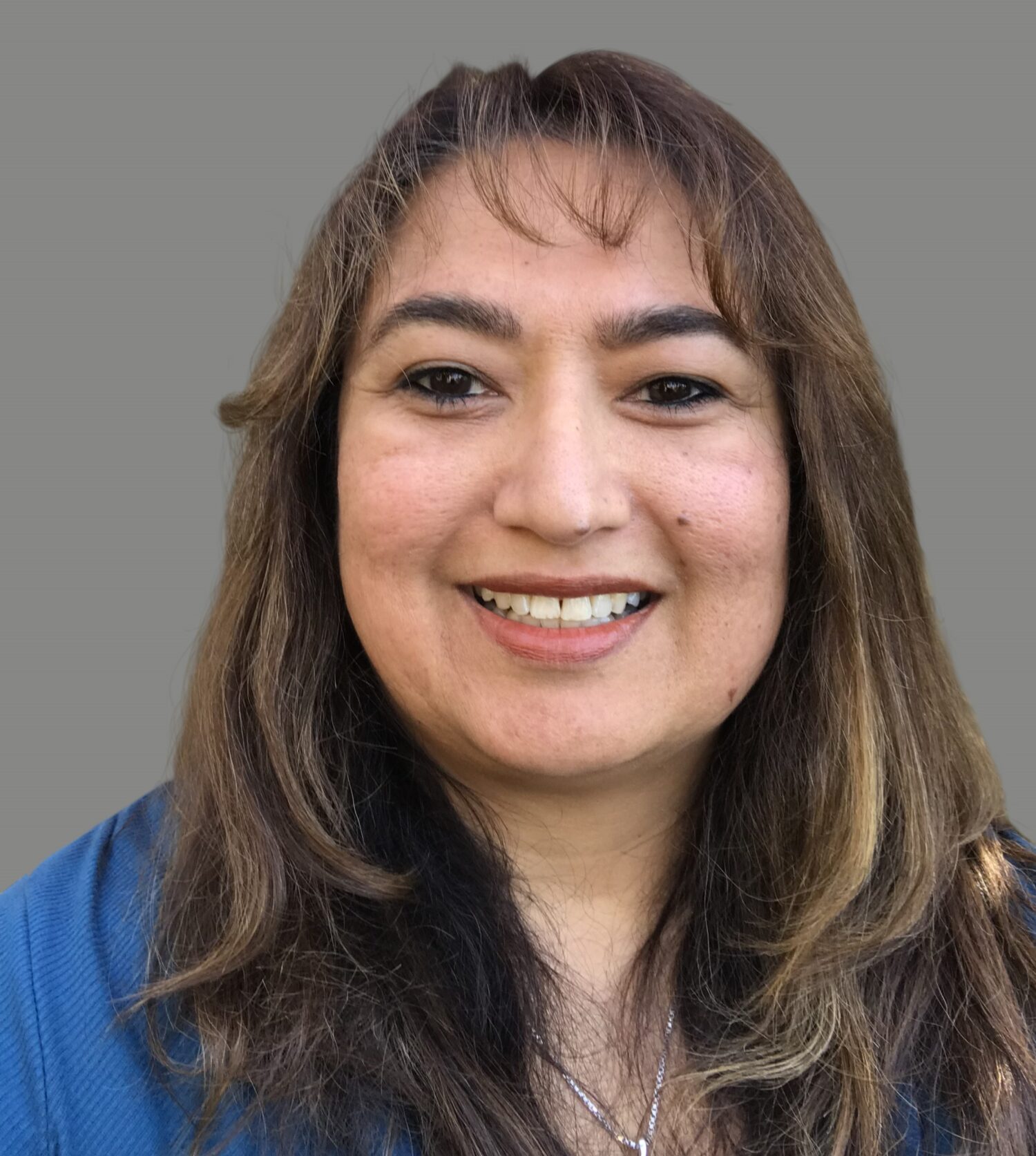

The daily huddle, also called a morning huddle, is a brief standup meeting commonly associated with inpatient and surgical care. In these settings, safety is the predominant focus of the meeting. However, the same idea can be used in primary care settings to get care teams ready for the patients scheduled for that day.
Morning huddles are an opportunity to merge clinical knowledge with data and analytics to help ensure primary care teams are aligned and specific care needs are recognized before patients walk into the practice. To meet this objective, though, all parties must come to the morning huddle prepared with information. Everyone in the practice must clearly understand their roles and responsibilities concerning collecting data, communicating patients’ needs, and preparing for care.
When this is accomplished, the few minutes spent “huddling” can save considerable time throughout each day. It can also make it easier for primary care physicians (PCPs) to proactively close gaps in care and deliver a more patient-centered care experience.
For most primary care practices, the key to creating an effective morning huddle is twofold:
- Leveraging clinical and administrative data to identify comprehensive patient needs
- Expanding the definition of “care team”
Generate efficiency through data
Morning huddles should last no more than 10 minutes, with essential information communicated as clearly and succinctly as possible. Therefore, preparation is crucial. Before the huddle, individuals must be tasked to collect, compile, and analyze data that identifies (among other things):
- patients who will be coming into the practice;
- the labs, tests, vaccines needed that day;
- any gaps in care that need to be closed for each presenting patient; and
- patients who may need transitional care after a hospitalization or emergency department visit.
PCPs and their staff work in the electronic health record (EHR) all day long. Still, they need visibility into data outside the EHR, too—starting with data in the scheduling system to ascertain which patients are coming into the practice. Once each day’s patients are identified, population health technology can layer in EHR data and analytics to pinpoint trends and flag associated care gaps, such as when someone is due for a colonoscopy. One benefit of this data-driven approach is that it gives practices insight into which patients qualify for various quality measures before they arrive. By bringing this information into the morning huddle, practices can ensure patients’ conditions will be accurately documented and preventive exams are ready to be ordered.
Just as important is the opportunity to broaden the recognition of “care gaps” to include many factors, including some outside your practice. For instance, gaps in care may be represented by clinical conditions or suspected conditions that aren’t currently documented, medication gaps, or quality gaps. Data analysis can ensure the huddle conversation focuses on addressing patient needs beyond the here and now. For example:
- social determinants of health (SDOH): identifying a patient who has not picked up their medications could suggest the need to discuss transportation or financial barriers. Huddle teams should look for any social needs that might hinder patients from obtaining needed care.
- transitions of care: recognizing patients recently discharged from the hospital can help prioritize patient outreach to ensure they receive the appropriate follow-up care. Huddle teams should identify any recent utilization events that may need follow-up.
- referrals: identifying patients who have not completed preventive exams allows staff to prepare orders and even help patients schedule appointments before they leave your office.
If population health technology is not available to provide reports, practices should assign people to examine patients’ clinical and pharmaceutical data. These individuals need to “connect the dots” between EHR data and data available from specialists, hospitals, labs, pharmacies, and other care settings to see the full picture.
A focus on chronic conditions is especially beneficial. Huddle preparation should include a review of both historical and suspected chronic conditions based on clinical and prescription data. For example, data analysis should be able to flag when a patient’s record shows two consecutive A1c readings of 11 but no diagnosis of diabetes, or a low estimated glomerular filtration rate (eGFR) but no diagnosis of chronic kidney disease (CKD). Conversely, it should be able to reveal if a patient has been prescribed a medication but doesn’t appear to have a supporting diagnosis for it.
Many tools, vendors, and resources are available to help practices aggregate and analyze data. However, whether a practice chooses to use internal or external resources, they must fit seamlessly into existing processes—not disrupt them. Regardless of the data reviewed, the workflows for gathering it and implementing it into morning huddles must be tailored to each practice to ease burdens and enable PCPs to use it to best treat their patients.
Expand the “care team” to benefit from non-clinical perspectives
Most primary care practices define their care team as the physicians, physician assistants (PAs), nurse practitioners (NPs), nurses, medical assistants, and others who deliver clinical care to patients. Within the context of a morning huddle, though, practices should consider expanding their thinking about the care team to include schedulers and front desk staff members.
Staff support for those delivering face-to-face care is an essential component of successful primary care huddles simply because they can often bring fresh perspectives to huddle discussions based on their patient interactions.
A scheduler, for instance, might be aware that Ms. Jones makes appointments based on the availability of public transportation, which might also impact her ability to get to the imaging center for her mammogram. Likewise, front desk staff might have received a phone call from Mr. Smith mentioning he recently visited his cardiologist. Furthermore, front desk staff can confirm whether patients have gotten all their necessary referrals and are working with a care coordinator to ensure they follow through on the next steps in their care.
Consequently, practices may want to expand participation in the morning huddle to include strategic non-clinical staff as well as clinicians.
Enhance patient-centered care
Morning huddles in primary care settings provide an excellent opportunity to review the patient load, correlate data with care gaps, and then take steps to close those gaps. Although data is never 100% clean and perfect because it’s derived from human documentation, practices still shouldn’t miss “good” for “perfect.”
Morning huddles may well be the missing piece of the puzzle for busy PCPs trying to close care gaps. By leveraging the huddle processes familiar to their inpatient peers, PCPs can enhance patient-centered care.
About Becky Trotter, Vice President, Population Health Solutions at CareAllies
Becky Trotter is responsible for leading the implementation design and delivery of the population health technology that enables CareAllies clinical and value-based care solutions and supports the organization’s provider engagement strategy. Becky also leads the gaps in care identification and health quality data strategy for CareAllies, developing operational and data driven processes for patient identification, outreach and comprehensive management of conditions at the point of care.
About Aliya Ali, MD, Regional Medical Director at CareAllies
Dr. Aliya Ali, MD, MBA is board-certified in Internal Medicine, Hospice and Palliative Care, Wound Care and Lifestyle Medicine with an MBA in Health Care Administration. She has served as Medical Director for Population Health at Accolade, held Medical Director roles at Cigna and Alegis Care, and worked as a teaching attending, patient safety officer, and Palliative Care Director at Abington Memorial Hospital in Pennsylvania.
